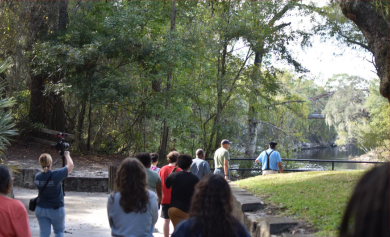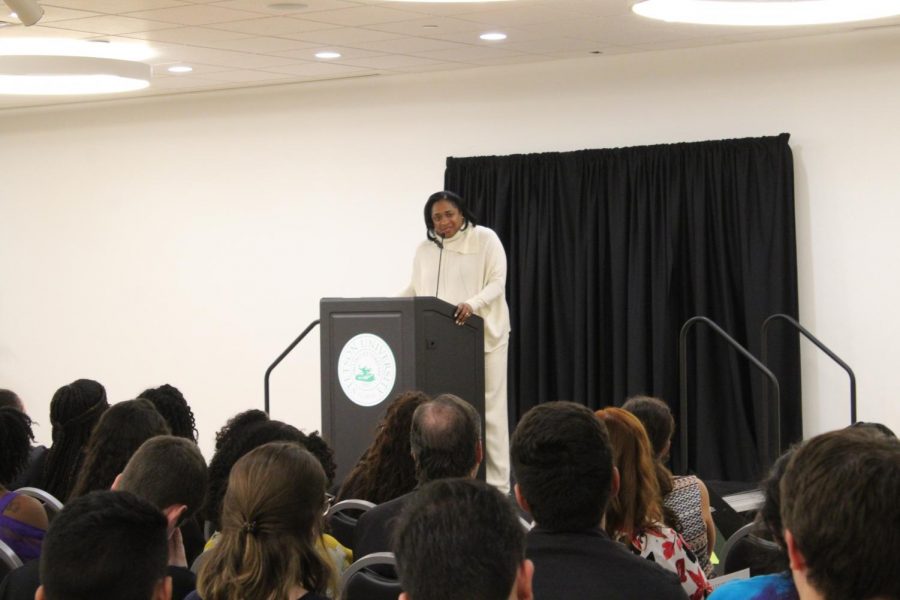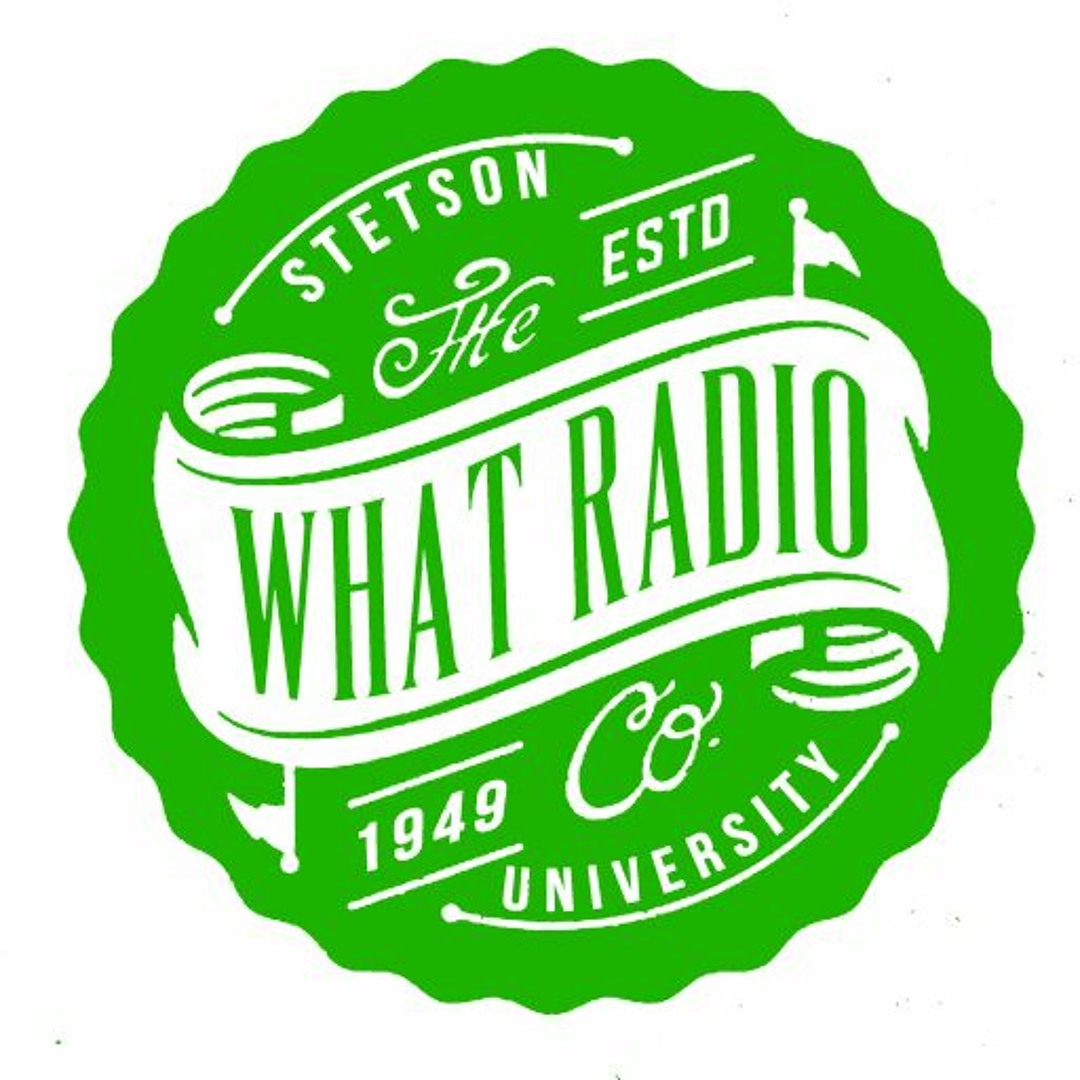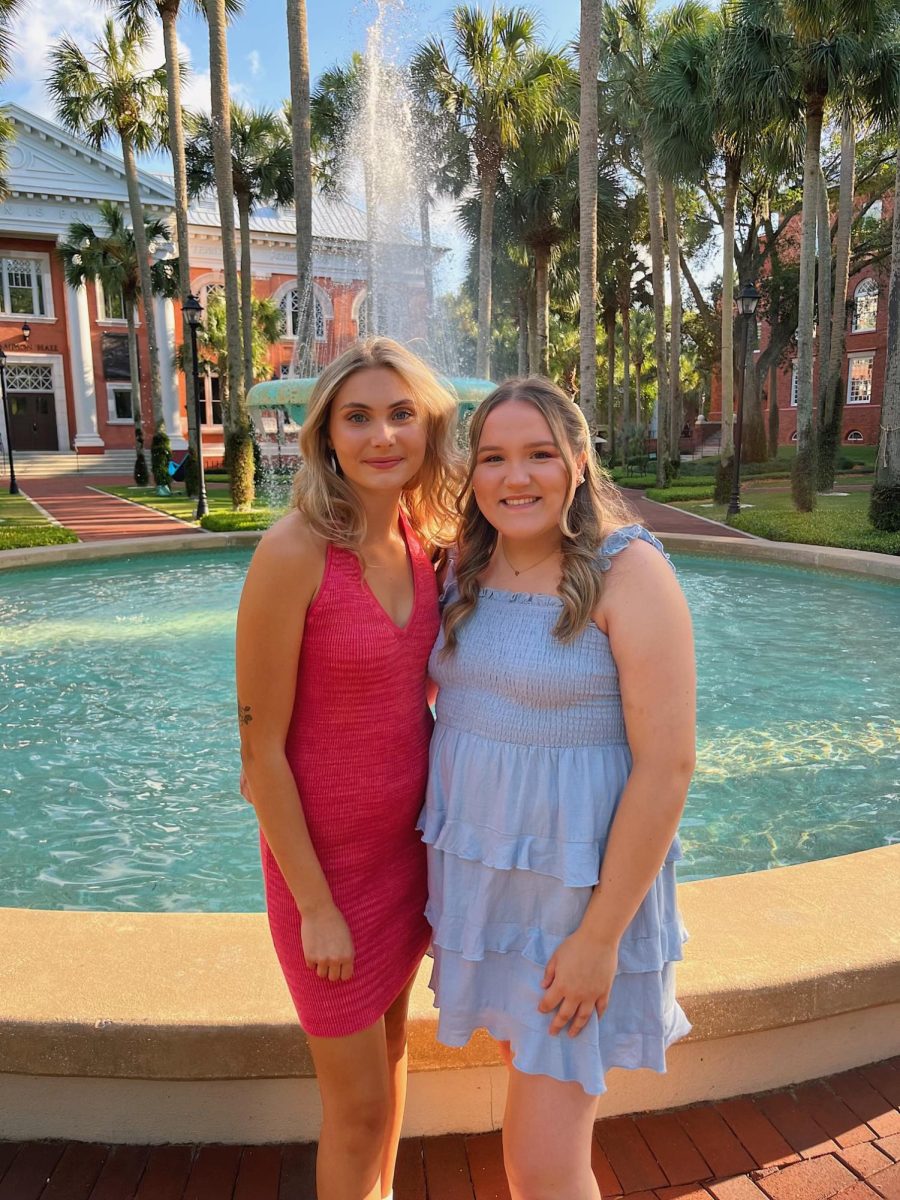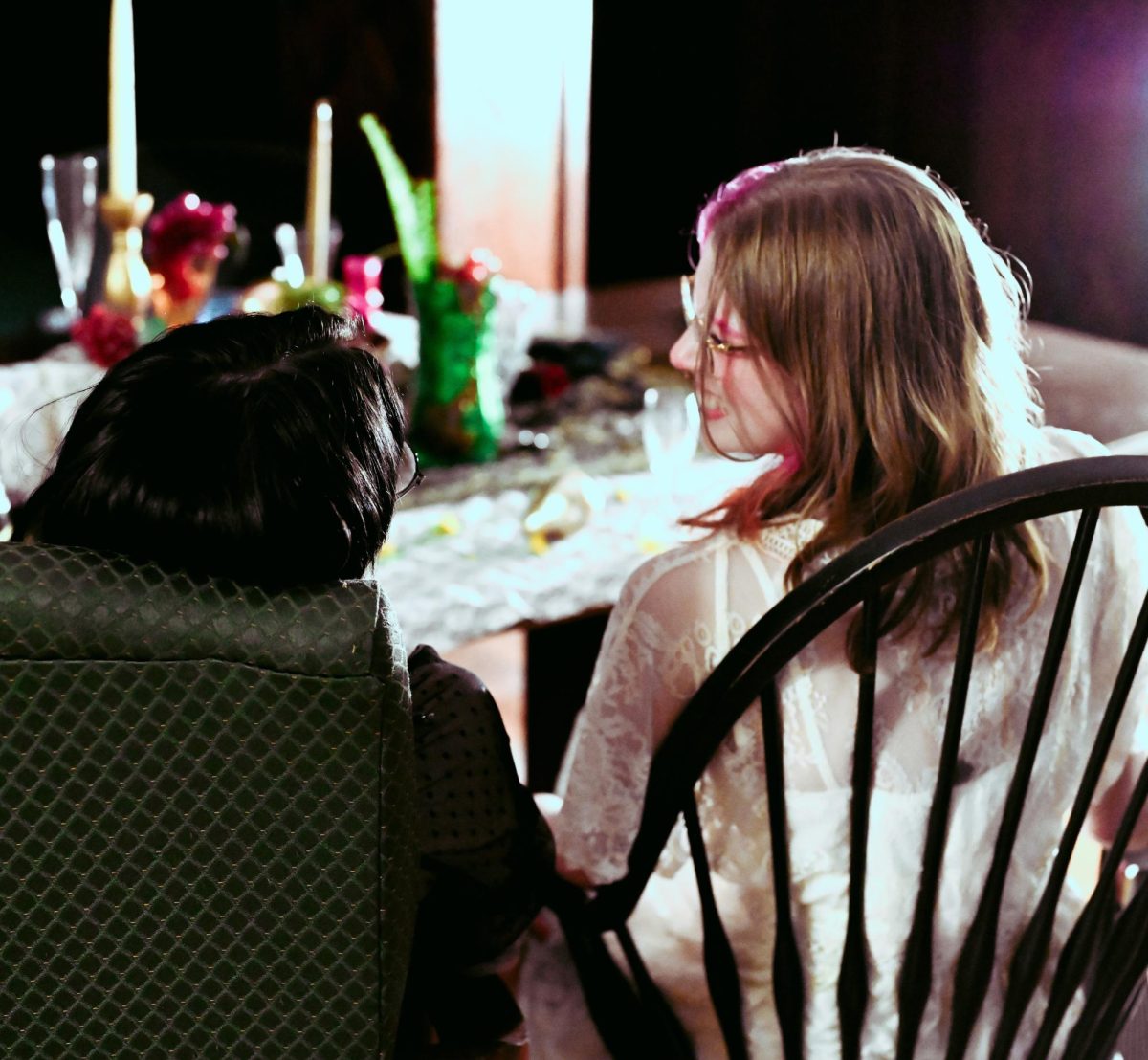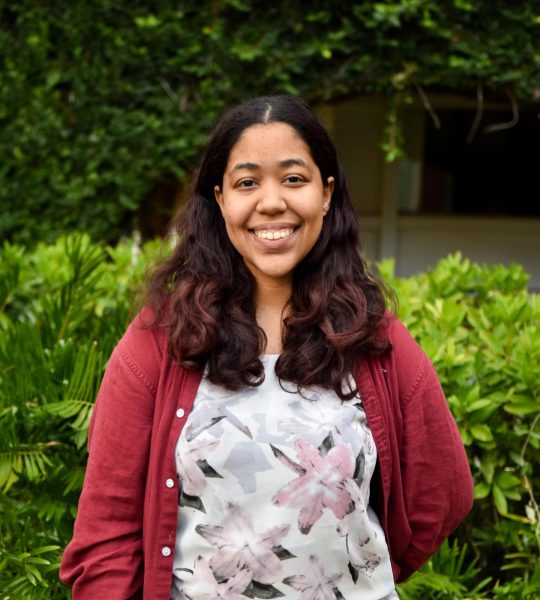The word culture comes from the word cultura in Latin, which translates to cultivate. It is fitting, then, that culture today is all about cultivating the patterns, practices and beliefs that make us unique and differentiates one group of people from the other. Culture has multiple aspects, but some prominent examples our minds jump to are food, religion, arts and moral values.
Culture has a way of evolving and reinventing itself from generation to generation, especially now in this period of ever-increasing globalization. There are around 45 million foreign-born immigrants living in the US, which is roughly 13.6% of the entire population. When moving abroad, you can choose to maintain your culture, but you also have to adapt to a new environment, new social norms, arts and food. There are adaptations of traditional recipes for food allergies or personal preferences. Along with artistic currents focusing on cultural fusion, artists like Wangechi Mutu and Yayoi Kusama represent this cultural fusion in their paintings and sculptures they create.
When traveling around the world, though many immigrants bring a little piece of home, the sense of culture is something more intangible than food or art; it is also history and identity. Diana Quintero Kytlyar ’24 is a Venezuelan-Ukrainian student who moved to the US in March 2018 due to the political crisis in Venezuela. Quintero remembers having two big cultural shocks– the first one being the food and diet. “I was used to eating a full course meal for lunch, made with good quality produce in my country, but here you have to buy organic to avoid certain chemicals and make your own dishes. Plus, you don’t have a lot of time to eat much sometimes,” she explains. The other shock was “how people are less judgemental about what you wear.” Sheelaborates, “In my country people care a lot about brands and showing off. People have a need to look expensive.”
Quintero also shared about her experiences of giving up parts of her culture and how she had adapted. She explained that since developing a gluten allergy during her time in the US. “I have had to find alternatives and learn how to make gluten free versions of my favorite things.” She adds that she has started to make gluten free desserts from both cultures, too. “Just this weekend I made a Ukrainian cake called kyiv for my mom, and I made it gluten free.”
Chukwunonso “Nonso” Okeke ’25, an international student from Nigeria, moved to the US when starting school at Stetson in August 2021. Okeke describes his biggest cultural shocks also being related to food. He shares, “The food back home is very spicy, and we have a lot of variety.” Okeke talks about how he has had to adapt his way of cooking his traditional foods after moving as well. “Even the basic ingredients we use to make our food is not the same. For example, the tomato paste I used to make my rice is different than back home, so I have had to adjust,” he explained.
Okeke also explains that there are other cultural differences that he has faced, such as clothing differences, religious scenes and social aspects. “In Nigeria, we have different clothing depending on the occasion or the time of the day. The social scene is very different,” he continues, “I feel like back home the scene revolves around having fun, but here it revolves a lot around alcohol, so I have gotten used to it.”
Another Venezuelan international student, Alejandro Salazar ’26, moved to Peru in 2017 and later on to Florida in 2022. Salazar has gone through the adaptation process twice in his life and has adapted aspects from both of his countries– experiencing shocks from both transitions. Salazar remembers when he moved to Peru, saying,“the people were different, even if we speak the same language it was different. They were more religious-oriented, and they are very conservative. In the US, I found citizens of the world,” he goes on, “Here, you find different kinds of people with different beliefs and behavior.”
Salazar explains when he adapted to Peruvian culture as well. “I changed the way I speak a little bit so I could connect with the people. I learned to cook in Peru, and when I get to cook, I do more Peruvian stuff than Venezuelan,” he adds. When Salazar moved to the US, he had to adapt again, except to American culture, which he says is significantly different from Latin American
These traveling and moving experiences show us how not only the perception of the world changes but also how these students perceive themselves. The people you meet most likely won’t be all from the same area or the same background, and the mix of cultures as well as the learning curve it brings creates a new sort of culture. Stetson students have been reconnecting with their heritage, looking deeper into their roots and incorporating what they find into their own technological and social culture. They have been sharing it on social media and making cultural information available to anyone interested in connecting with their heritage.
The concept of culture is not foreign to anyone, but the meaning behind it is unique to every person and their beliefs. Moving abroad challenges these beliefs and ends up in cultural adaptations, but most importantly, a cultural renewal that will follow generation after generation.



